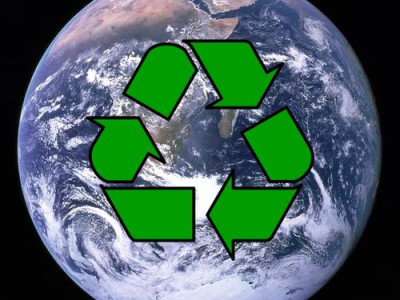Harvard reports that their physicists are working to try to make batteries weigh less and contain more energy. The researchers are attempting shoehorn large amounts of energy into the gap between thin sheets of layered materials like graphene.
Kwabena Bediako, lead author of the paper, said: “We observed that by stacking sheets of different, atomically thin materials, we could engineer higher electrochemical capacities, improving the accumulation of charge in the hybrid material by more than tenfold.”
Van der Waals forces are weak bonds based on the number of atoms and how close they are. Utilising this space between the sheets could do away with the need for cobalt and nickel.
Should this design take off it could go a long way to negating the fears of Stanford researchers. In Science Advances, they write about the problems inherent to lithium ion batteries – most importantly that of thermal runaway. The highly dangerous exothermic reaction gives out a lot of energy very quickly. One of their solutions is to add “separators” into the batteries, but this results in lower energy storage potential.
They add more practical possible solutions, but add that manufacturers need to “make batteries reliable before they are released to the market.”
Some manufacturers have their eyes on bigger things when it comes to safety. Ganfeng Lithium is ploughing ahead with its Thacker Pass project, as they set out to mine raw materials from a supervolcano in the US. Over the course of the 46 years they expect the mine to last, the company estimates that it will extract around 509 million tonnes of lithium carbonate.
Alexi Zawadzki is in charge of the project, he said: "With the experience of our team and leveraging our strong partner relationships, we plan to rapidly advance this scalable project to become the leading source of lithium production in the US."
SolidEnergy Systems, a company in Massachusetts, believes it can crack the safety issue by going along a different route. They are looking at moving towards solid-state cells and replacing the flammable electrolytes found in li-ion batteries.
A halfway house, their semisolid technology is about to be tested out using drones and they believe their advances double the energy stored and makes it more robust.
They coat make an ultrathin anode from lithium foil, and coat it with a polymer-ceramic electrolyte. This prevents the growth of internal dendrites, the cause behind lithium ion cell failure.
“There are lots of people trying to find the 100 percent perfect solid-state approach,” says Qichao Hu. “But we think our semisolid approach is good enough.”
Predictions that 50% of energy will come from alternative sources by 2050 have prompted market commentators to predict a fall in battery prices. “We see $548 billion being invested in battery capacity by 2050,” said Seb Herbst, lead author of the BNEF study.
Elon Musk has proudly stated that Tesla uses less than 3% of cobalt in its batteries with an aim of none in their next-gen versions, but First Cobalt Group believes the mineral still has a big role to play in battery technology.
First Cobalt is investing time and resources into locating new deposits, and believes cobalt is essential to maintaining the current safety levels of cells. The problem for them is the 7-10 year lag in discovery to commencing mining – the choke point. This has led to a doubling in the price of cobalt and would negate the predictions of a price drop highlighted earlier.
Conamix is looking at working around this lag by developing cobalt-free electrode materials. This company predicts that there will be shortages in cobalt by 2020 and fears of this will hold battery prices high in the short term.
Dave Cross
Journalist at POTVDave is a freelance writer; with articles on music, motorbikes, football, pop-science, vaping and tobacco harm reduction in Sounds, Melody Maker, UBG, AWoL, Bike, When Saturday Comes, Vape News Magazine, and syndicated across the Johnston Press group. He was published in an anthology of “Greatest Football Writing”, but still believes this was a mistake. Dave contributes sketches to comedy shows and used to co-host a radio sketch show. He’s worked with numerous vape companies to develop content for their websites.
Join the discussion
UKVIA Responds to Material Focus Research
Trade body the UK Vaping Industry Association (UKVIA) has responded to research conducted by Material Focus that discovered number of dumped disposables has soared
Disposables Waste Quadruples
The number of disposable single-use vapes thrown away in a year has quadrupled – and in the region of 5 million disposable vapes per week are being dumped
Stolen Samsung Warning
Lawyers acting on behalf of Samsung are reminding us not to sell you any of their batteries in case they’re used for anything and order us to warn you about stolen batteries because reasons
Sustainability In Focus
Seven years after Planet of the Vapes started banging on about vape waste, companies are beginning to come on board and address the sustainability of their operations












